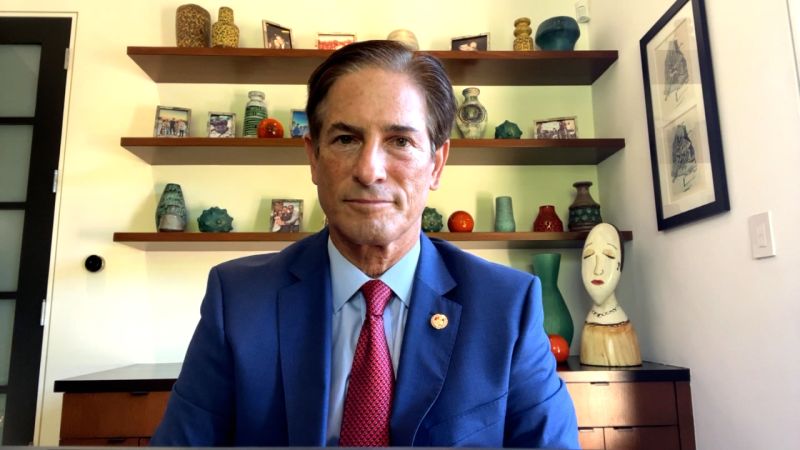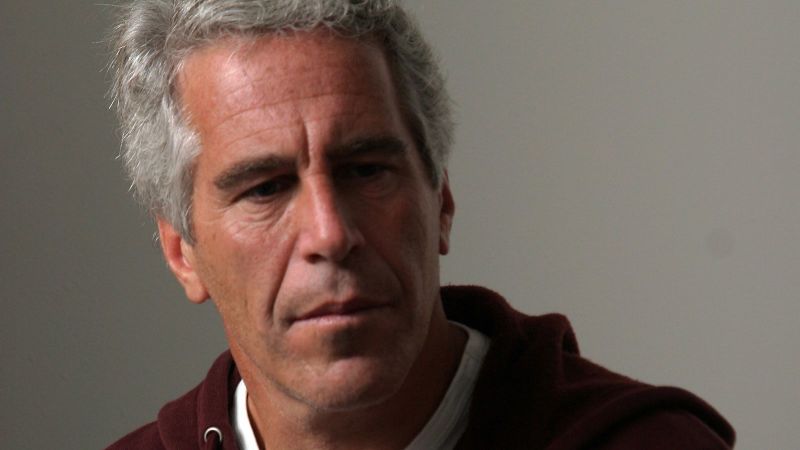
Menendez Brothers Parole Hearing: A Critical Moment in California
Opinion | 8/16/2025
The Menendez brothers, Erik and Lyle, notorious for the 1989 murder of their parents, are now at a critical juncture as the California Board of Parole Hearings convenes to deliberate their potential release after years behind bars. The siblings’ fate hinges on a unique California law that grants the final decision on their parole to a single individual, placing immense weight on this individual in determining whether the brothers have sufficiently demonstrated rehabilitation.
The Menendez case has garnered widespread attention due to the brutal nature of the crime committed over three decades ago. The brothers’ eligibility for parole rests on meeting stringent criteria set forth by the California Board of Parole Hearings, requiring a comprehensive assessment of their conduct, remorse, and potential risks to society if released. This deliberation underscores the complex interplay between justice, rehabilitation, and the enduring impact of violent crimes on families and communities.
Legal experts emphasize that California’s parole system incorporates a multifaceted approach, evaluating not only the gravity of the offense but also the offenders’ efforts towards rehabilitation and their potential for reintegration into society. The decision-making process surrounding high-profile cases like the Menendez brothers’ parole hearing underscores the delicate balance between accountability for past actions and the possibility of redemption through demonstrated transformation.
The unique nature of California’s parole law, which confers significant discretion to a single decision-maker in cases such as this, underscores the weight of responsibility placed on the individual tasked with determining the brothers’ future. As the parole board assesses the Menendez brothers’ progress and suitability for release, the outcome will not only impact the siblings themselves but also provoke broader reflections on the principles of justice, rehabilitation, and the complexities of navigating the aftermath of grievous crimes. The decision remains awaited, with implications extending beyond the individuals involved, resonating with broader societal considerations around crime, punishment, and the prospects for redemption.


